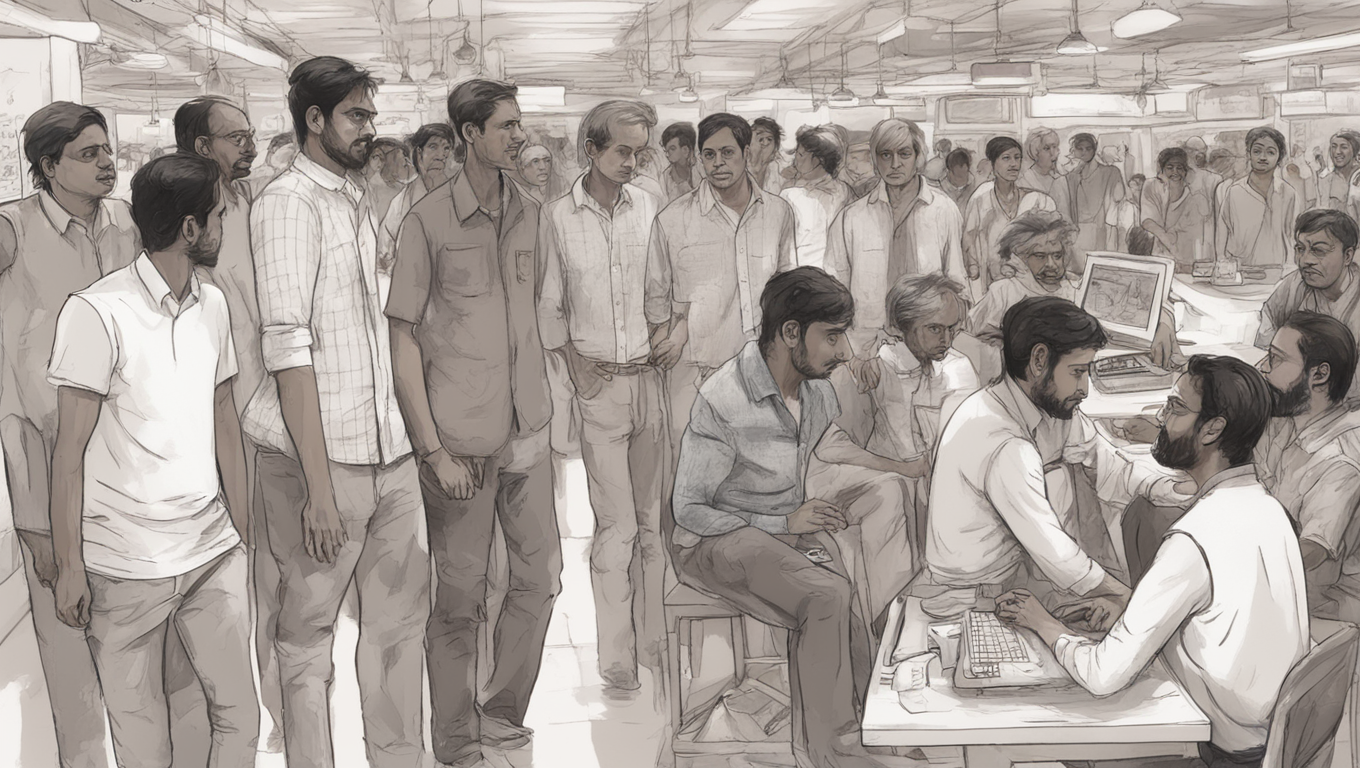India’s National Strategy on AI: Creating Inclusive Growth and Championing AI for All
As world leaders gathered at the G7 summit in Italy, Prime Minister Narendra Modi took the opportunity to highlight the importance of Artificial Intelligence (AI) and its potential to promote inclusivity and economic growth. Emphasizing a human-centric approach, PM Modi shared India’s AI-Mission, with the mantra of “AI for All.” He urged for the benefits of technology to be accessible to all sections of society while eliminating social inequalities and expanding human capabilities.
During the G-20 Summit hosted by India the previous year, PM Modi outlined four guiding principles—availability, accessibility, affordability, and acceptability—in the country’s approach to energy to achieve Net Zero emissions by 2070. India has been at the forefront of framing a national strategy for AI, with the NITI Aayog leading the charge. The strategy adopts a three-pronged approach:
Opportunity: Unlocking the economic impact of AI for India. AI for Greater Good: Promoting social development and inclusive growth. AI Garage for 40% of the world: Becoming the preferred solution provider for emerging and developing economies.
This strategy aligns with the government’s development philosophy and aims to utilize transformative technologies, such as AI, to drive social and inclusive growth. By strategically deploying AI across various sectors, including education, healthcare, agriculture, and smart city development, India seeks to address prevailing social inequalities and ensure accessibility for all.
During the G7 Summit, PM Modi emphasized the need to prioritize the challenges and concerns faced by the Global South, particularly Africa. In 2023, the Prime Minister announced initiatives like the Global Digital Public Infrastructure Repository and a Social Impact Fund, which are aimed at empowering Low-and-Middle-Income Countries (LMICs) through digital infrastructure and fostering collaboration on socioeconomic development projects.
While the benefits of AI are vast, ethical considerations and cybersecurity remain significant challenges. PM Modi stressed the importance of ensuring the ethical integration of AI technology by prioritizing transparency, accountability, and the mitigation of biased practices. India is committed to global collaboration and intends to align its regulatory standards with international norms, promoting global competitiveness and compliance with human rights standards. By doing so, India aims to meet global benchmarks and facilitate the seamless integration of AI into the global economy.
Accenture reports estimate that AI could boost India’s annual growth rate by 1.3% points by 2035. This projection is based upon the economic impact of AI for select G20 countries. PM Modi emphasized that technology should be directed towards fostering societal well-being, underscoring India’s commitment as a founding member of the Global Partnership for AI and its role in fostering international collaboration.
India’s National Strategy on AI is an ambitious endeavor that seeks to harness the potential of AI to drive inclusive growth and champion a human-centric approach. With its commitment to accessibility, inclusivity, and collaboration, India is poised to play a significant role in shaping the future of AI not only for its own citizens but also for the world at large. As technology continues to evolve, India’s approach serves as a model for achieving economic prosperity hand in hand with social well-being.





Use the share button below if you liked it.